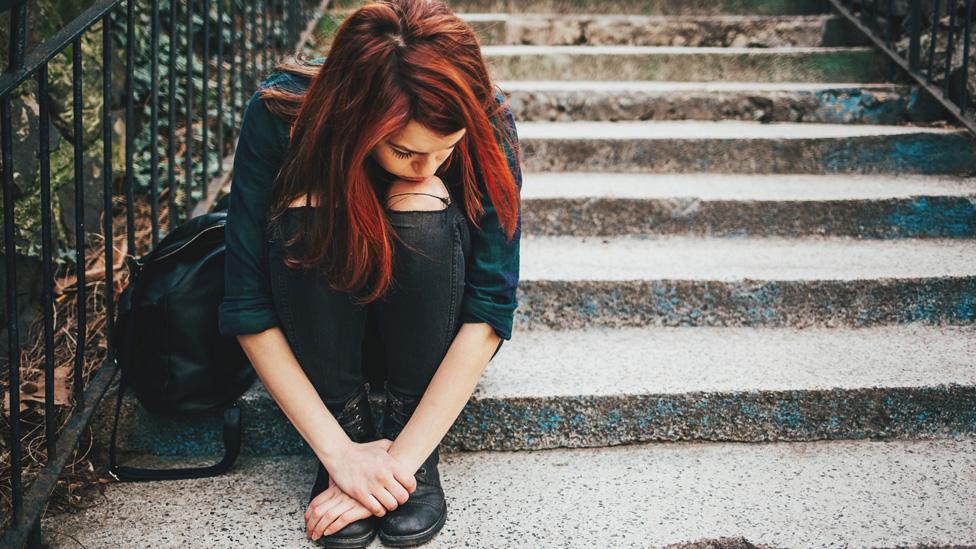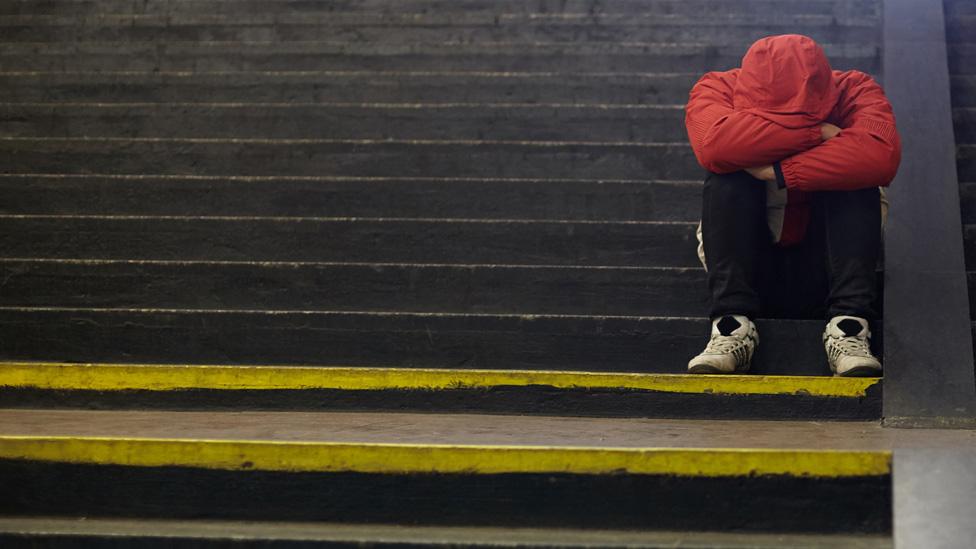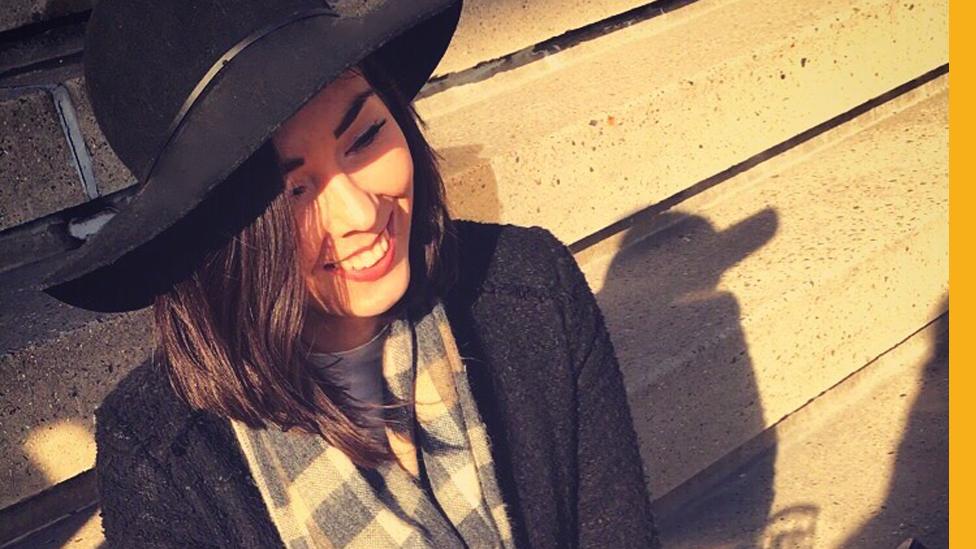Students register 100 abuse cases on Cardiff Uni system
- Published
Gwyneth Sweatman, of NUS Wales, said research showed the problems on campuses in the UK were "very worrying".
Students at all universities should have the opportunity to report incidents of assault or violence, the National Union of Students in Wales has said.
It has welcomed a new online system run by Cardiff University , externalwhich has seen 101 students report incidents since October.
A significant proportion were cases of abuse within relationships.
Students also registered over 30 cases of rape and 40 sexual assaults.
One student who was sexually assaulted on his way home from a party urged others not to be ashamed if they had endured a similar experience.
Cardiff University said it was surprised by the number who have used the system since it was set up for its 30,000 students.
It is also surprised at the proportion who have chosen to give their details, rather than report incidents anonymously.

"It's been used more frequently than we would perhaps have thought," said Amy Sykes, in charge of the team who respond to disclosures by students.
Those who get in touch are offered an appointment with a member of staff where they talk through the incident and its impact and discuss any practical help they could be offered.
That could include help with housing, their finances or applying for "extenuating circumstances" and may also cover making a complaint or reporting to the police.
The figures were given to BBC Radio Cymru's Post Cyntaf programme.
Often individual student disclosures include more than one incidence of abuse or harassment so some of the figures relate to the same disclosure and are not individual student cases.
In addition, some students have come forward to discuss historic incidents more than a year old.

'You blame yourself for the situation'

A first year international student told a member of staff at the university that he had been sexually assaulted in mid-March on his way home from a party.
He was walking home alone in the rain after a night out drinking with friends when a man offered to shelter him under an umbrella.
"After like two minutes of being with him I black out, I don't remember how and where I got where I was," said the 18-year-old.
"The next thing I remember after meeting him was like him trying to assault me. And then all of a sudden another man shows up because we were in this private compound - another man shows up .... I feel like he was on drugs because he seemed kind of all over the place and then he asked me to pay him money."
The student managed to get away by telling the second man he would go to a cash point.
He managed to flag down a taxi which took him to his accommodation.
"I was scared, I was very scared but then as soon as I got home I was with my friends so like I was reassured 'cause I knew nothing else could happen."
His friend phoned the police immediately but the student decided not to pursue the matter.
"I felt like I haven't told my parents about this yet cause they've sent me from a foreign country", he said.
"It would just break their hearts so I felt like if I had to undergo an investigation I would probably have to tell them about it before I do anything so I just decided not to do it."
But he decided to tell somebody at the university.
With the student's consent, the staff member then reported it on the university's online system, which led to an offer of counselling from the university's student support and wellbeing division.
He was given a letter to give to his university tutors noting "extenuating circumstances" so that he would not be penalised if the experience had an impact on his work.
These stories might also interest you:
The university has been completely supportive, according to the student, and he urges others to talk about any similar experiences they may have had.
"I've known people who've experienced the same thing but they've kept it to themselves and then that doesn't help because your thoughts grow," he said.
"You blame yourself for the situation, you become ashamed and I didn't want that to happen.
"I didn't want to like hit depression or anything so I decided the best way to deal with the situation was tell someone - tell someone in authority so you know so I'd get help if I ever needed help".
"My message would be: The best you could do right now is talk to someone and not blame yourself, not to be ashamed about it".

Ms Sykes said it was important the university offered practical support so students could continue studying.
Gwyneth Sweatman, NUS Wales women's officer, said: "We need to make sure students wherever they are in Wales and the UK have the opportunity to report any incident that happens to them and it's great that the Cardiff students' union and university have worked together to deliver this really important reporting form."
- Published6 March 2018

- Published14 July 2016
